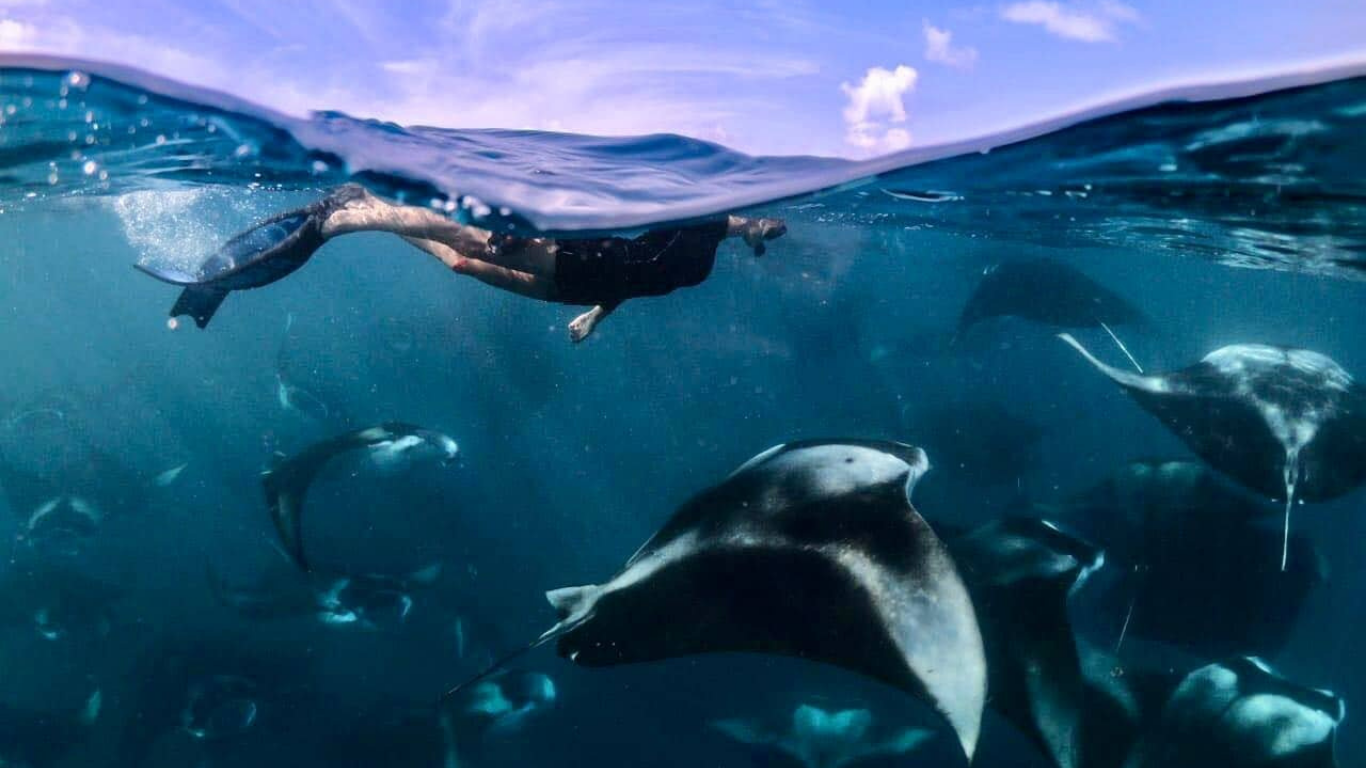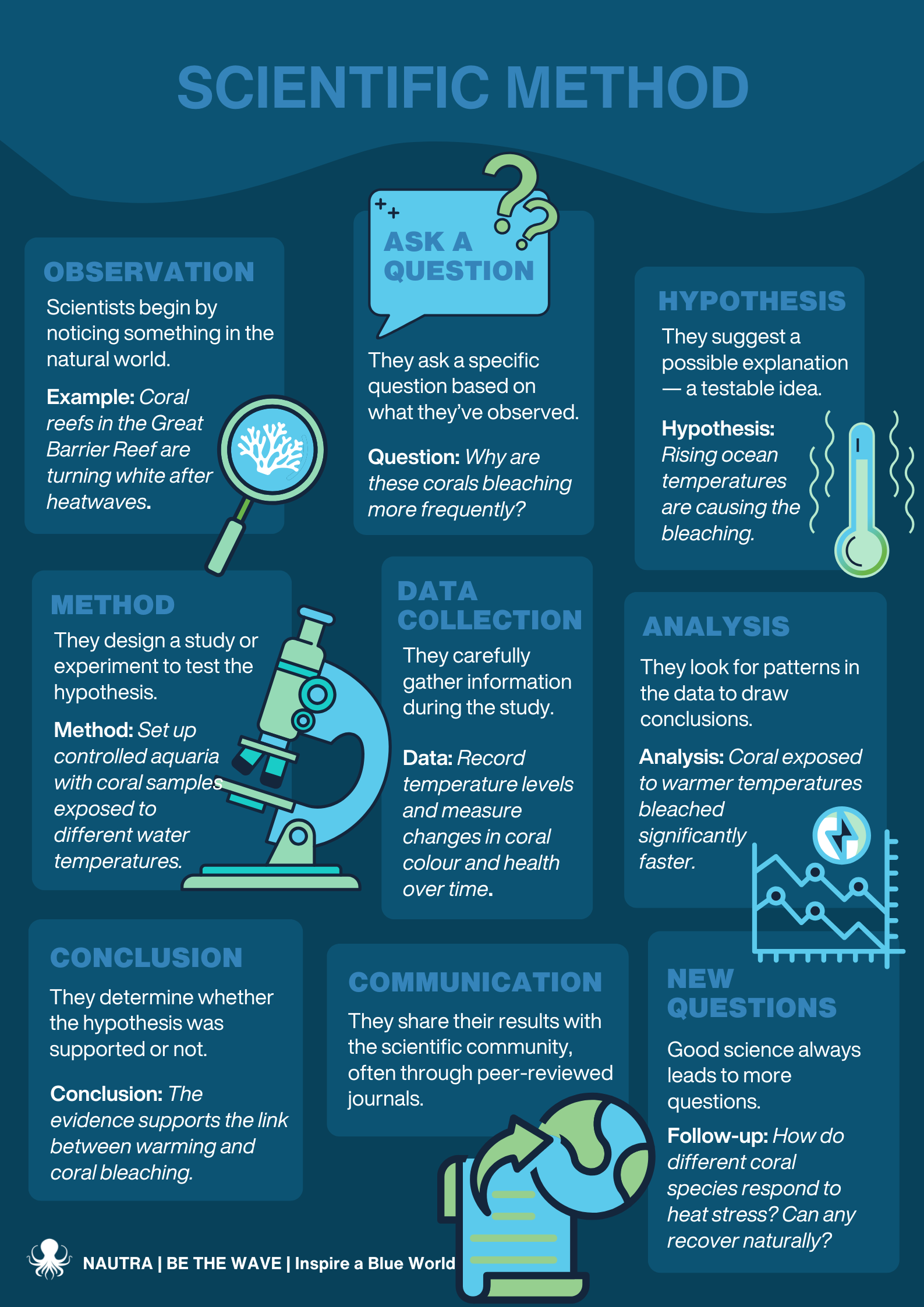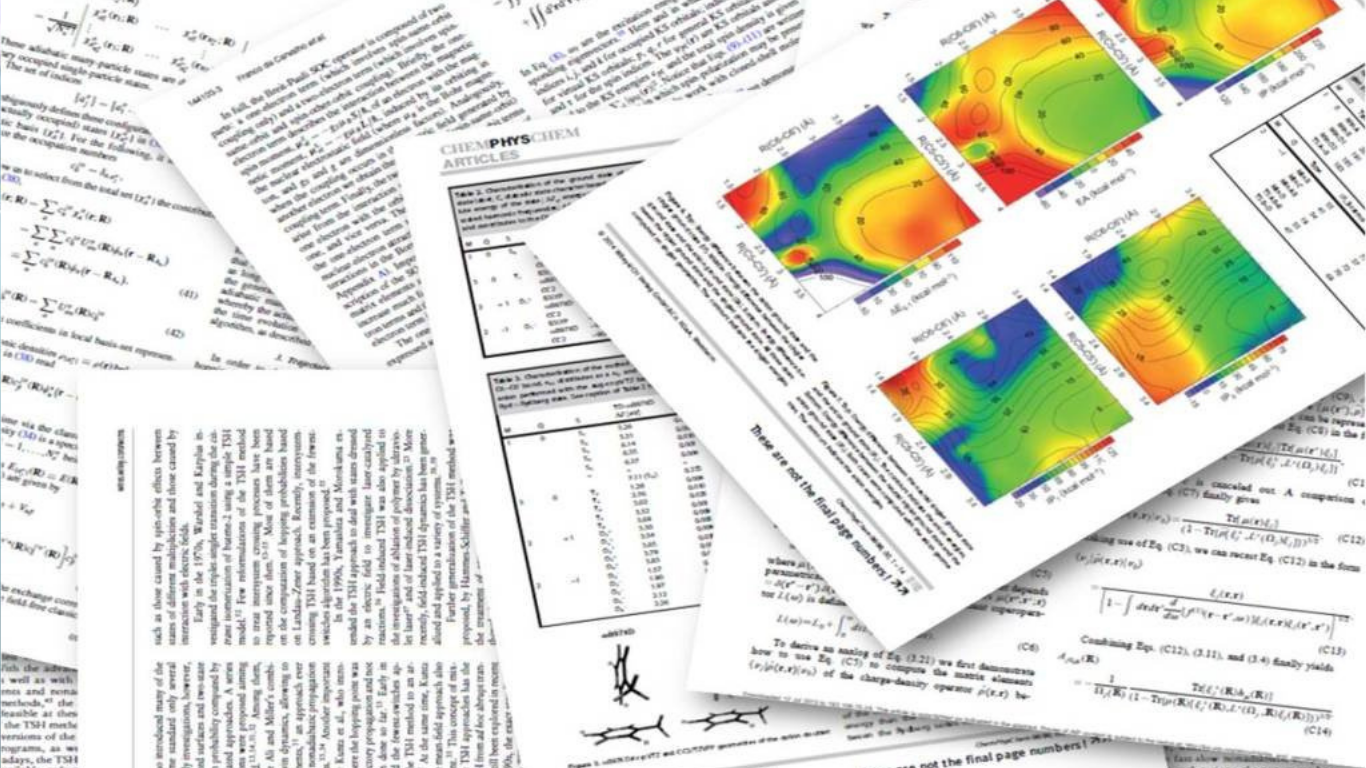Marine Research 101
How Marine Science Works

How do marine scientists turn questions into knowledge?
The Scientific Method — Ocean Edition
Every discovery in marine science — from mapping whale migrations to understanding coral bleaching — begins with curiosity. The scientific method is a structured process scientists use to explore questions about the natural world. It helps ensure that what we “know” is based on evidence, not assumptions.
While this method is used across all branches of science, it’s especially powerful in ocean research, where variables are vast, fieldwork is tricky, and discoveries can have global implications.
Step-by-Step:
The Ocean Science Cycle
Let’s walk through the scientific method — with a marine twist.

Why It Matters
Building Trust Through Science
The scientific method helps scientists investigate everything from microplastic impacts to deep-sea ecosystems — and it ensures that decisions about ocean conservation are grounded in rigorous, repeatable evidence. It also helps the public spot misinformation and better understand how science builds trust over time.
It ensures research is based on evidence — not opinion or guesswork.
It allows scientists to test ideas and uncover patterns in nature.
It helps us track changes in the ocean over time, from warming seas to species decline.
It creates a system of checks and balances through peer review and repeatability.
It empowers people to question claims and recognise trustworthy information.
It supports better decisions for ocean protection, backed by reliable science.
FREE GUIDE
How Ocean Science Works
A simple, visual overview of how marine science works — perfect for printing, sharing, or revisiting anytime.
UP NEXT:
How to Read a Scientific Paper
Step-by-step guidance for understanding scientific research — from decoding jargon to making sense of data and conclusions. Learn how to read marine science papers with clarity and confidence.






